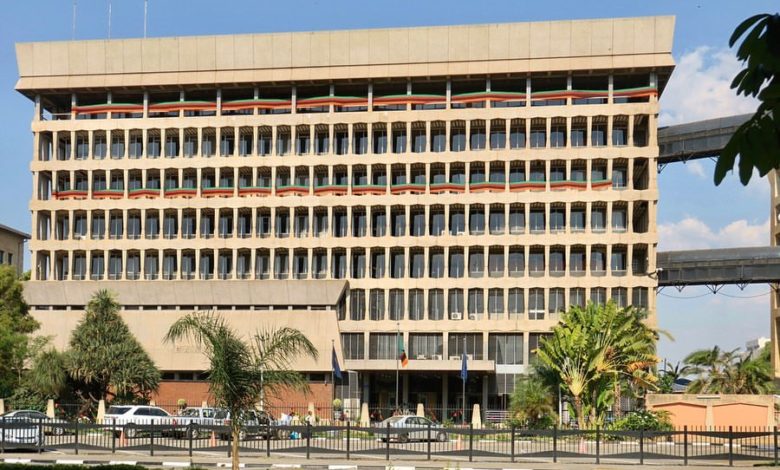Inflationary Pressures Drive Bank of Zambia’s Policy Rate Hike
The Bank of Zambia (BOZ) has taken action to counter potential inflationary pressures by raising its policy rate. Today’s inflationary landscape, driven by surges in food costs and impending energy expenses, has prompted the central bank to address the situation head-on to safeguard the nation’s economic stability.
The current inflationary trends, notably seen in soaring food prices, have created a cause for concern. Factors such as low agricultural production, both domestically and regionally, contribute to this inflationary surge. A similar scenario is unfolding in neighboring countries like Kenya, Zimbabwe, Tanzania, Mozambique, Malawi, and Uganda, where low food output is also pushing up costs.
Analysts predict that inflation will maintain an upward trajectory through the end of the year. Additionally, the anticipation of dry weather conditions in the fourth quarter of 2023 and the first quarter of 2024 may further strain the food supply. However, estimates indicate that inflation is projected to ease by the end of the first quarter of 2024, as pressures on food prices begin to subside.
The complex economic landscape presents numerous challenges, with key risks to the inflation outlook originating from a range of sources. Factors such as persistent adverse climate conditions in parts of the region, possible reductions in domestic and regional agricultural production, lower electricity generation due to hydro-generation challenges, and higher-than-programmed fiscal deficits all contribute to these concerns.
Moreover, elevated external debt service repayments, exemplified by cases such as Zambia, where debt servicing has doubled, contribute to the inflationary pressures. The global economic scene also adds to these challenges, as ongoing geopolitical tensions in regions like Russia and Ukraine have the potential to impact global growth projections.
Despite these challenges, inflationary pressures may be mitigated to some extent. Domestically, subdued aggregate demand due to a liquidity squeeze in private participation could temper inflation. Globally, various central banks are taking firm stances on monetary policies, aiming to control potential inflationary factors by adopting tighter measures.
The recent BOZ policy rate hike reflects the central bank’s commitment to addressing the current inflationary environment and maintaining economic stability. As Zambia navigates these complex economic dynamics, strategic measures are taken to balance growth and stability, ensuring the country’s financial health in the face of global and domestic challenges.



